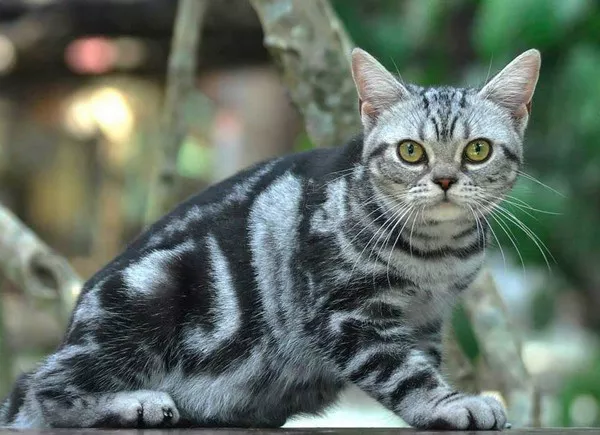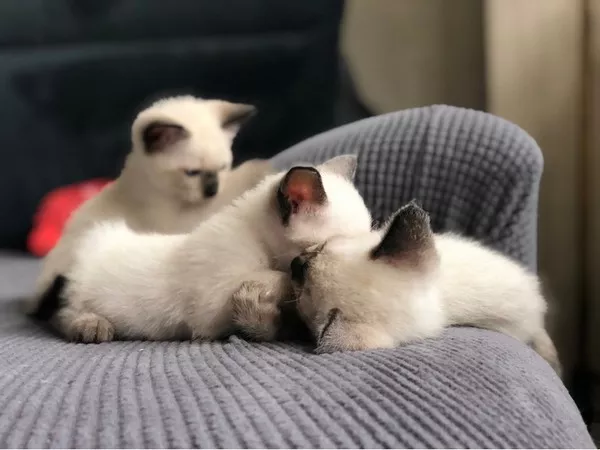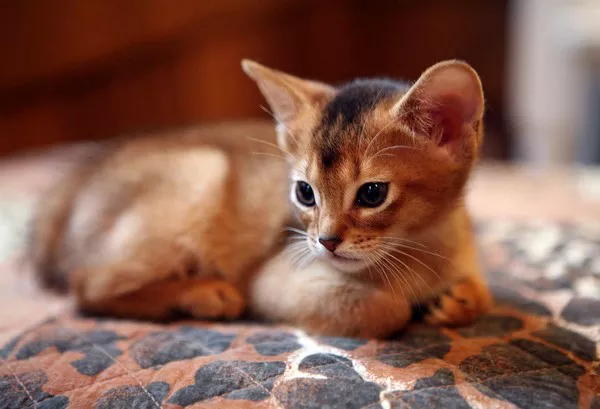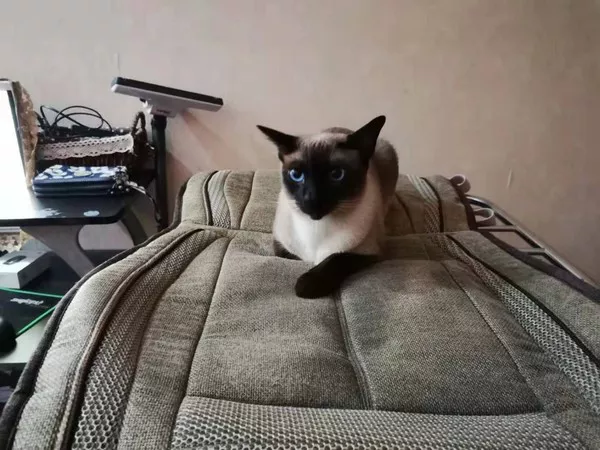Cats are fascinating creatures with their own unique behaviors and quirks, but some behaviors can leave cat owners puzzled and concerned. One such behavior is when cats eat litter, a habit that can be both perplexing and worrisome. In this article, we will delve into the reasons behind why cats eat litter, the potential risks associated with this behavior, and effective strategies to help stop it. By gaining a deeper understanding of your feline friend’s actions, you can take steps to ensure their well-being and discourage this unusual behavior.
The Curious Nature of Cats
1. Exploring the World
Cats are naturally curious animals that love to explore their environment. Their inquisitive nature can lead them to investigate various textures and objects, including the litter in their litter box.
2. Sensory Exploration
Cats rely heavily on their sense of smell to understand their surroundings. Eating litter may be a way for cats to further explore scents and textures, as well as to gather information about their territory.
Possible Reasons Cats Eat Litter
1. Nutritional Deficiencies
One of the reasons cats may eat litter is due to nutritional deficiencies. Some cats may be drawn to the minerals found in certain types of litter, especially if they lack these nutrients in their diet.
2. Behavioral Issues
Stress, anxiety, or boredom can trigger unusual behaviors in cats, including eating litter. Cats may engage in such behaviors as a coping mechanism or a way to alleviate their feelings of unease.
3. Medical Conditions
In some cases, medical issues such as feline pica (a condition characterized by consuming non-food items) or gastrointestinal disorders can lead to litter consumption. It’s important to rule out underlying health problems.
The Risks of Litter Ingestion
1. Gastrointestinal Blockages
Consuming litter can pose a serious risk of gastrointestinal blockages. Clumping litter, in particular, can expand when it comes into contact with moisture, potentially causing obstructions.
2. Toxicity
Certain types of litter may contain additives or substances that are harmful to cats if ingested. Clay-based or scented litters, for instance, may contain chemicals that can be toxic when consumed.
How to Stop Your Cat from Eating Litter
1. Provide a Balanced Diet
Ensuring your cat receives a balanced and nutritionally complete diet can help reduce the likelihood of nutritional deficiencies that might drive them to eat litter.
2. Choose the Right Litter
Opt for cat litter that is safe and non-toxic. Natural and unscented litters are generally safer options, as they are less likely to contain harmful chemicals.
3. Environmental Enrichment
Combat boredom and stress by providing environmental enrichment. Interactive toys, scratching posts, and engaging playtime can help alleviate behavioral issues that may contribute to litter consumption.
4. Monitor Stressors
Identify and address sources of stress in your cat’s environment. Changes in routine, introduction of new pets, or other stressors can contribute to unusual behaviors.
5. Consult a Veterinarian
If you suspect medical issues or if your cat’s litter consumption continues despite your efforts, consult a veterinarian. A thorough examination can help determine if there are underlying health concerns.
Positive Reinforcement
1. Reward Desired Behavior
When you notice your cat avoiding litter consumption, reward them with praise, treats, or affection. Positive reinforcement can encourage them to continue this behavior.
2. Litter Box Management
Maintain a clean and comfortable litter box environment. Cats are more likely to avoid litter consumption if they associate the litter box with proper elimination.
Conclusion
In conclusion, understanding why cats eat litter and how to stop it involves exploring various factors that contribute to this behavior. From natural curiosity and sensory exploration to nutritional deficiencies and stress, there can be multiple reasons behind litter consumption. While it’s essential to address this behavior to prevent potential health risks, it’s equally important to approach the situation with patience and care. By providing a balanced diet, choosing the right litter, offering environmental enrichment, and consulting a veterinarian if needed, you can effectively manage and discourage litter consumption in your feline companion. Remember that each cat is unique, and a tailored approach that considers their individual needs and preferences will be most effective in promoting their overall well-being and happiness.



























